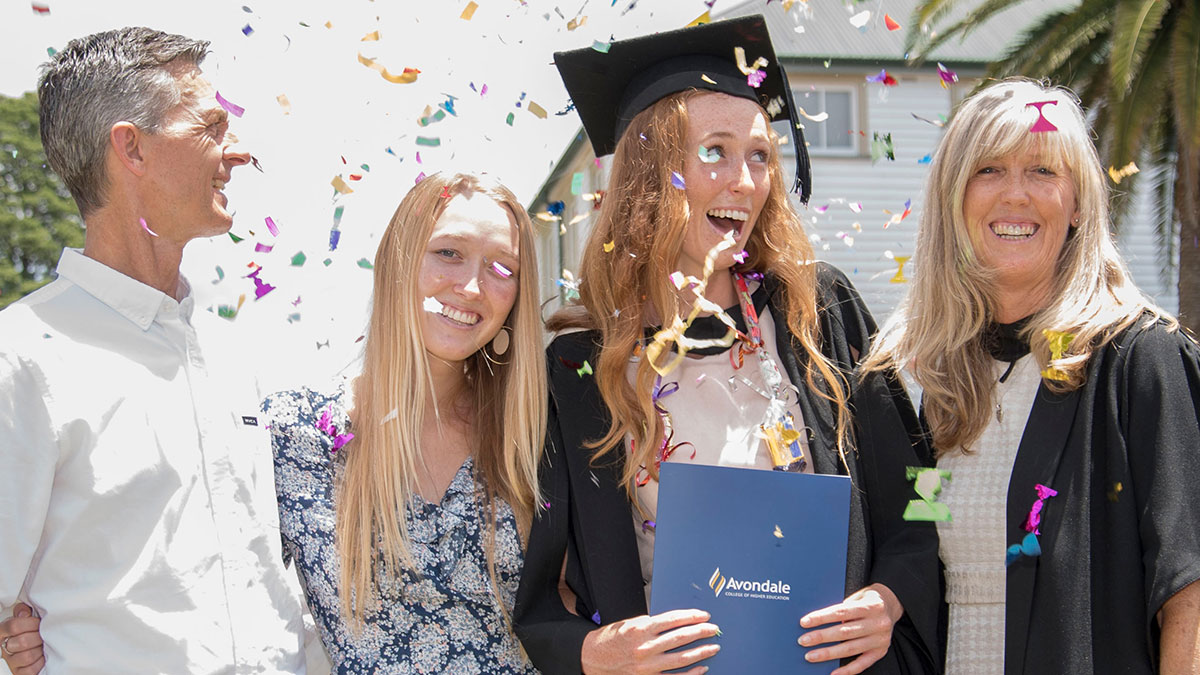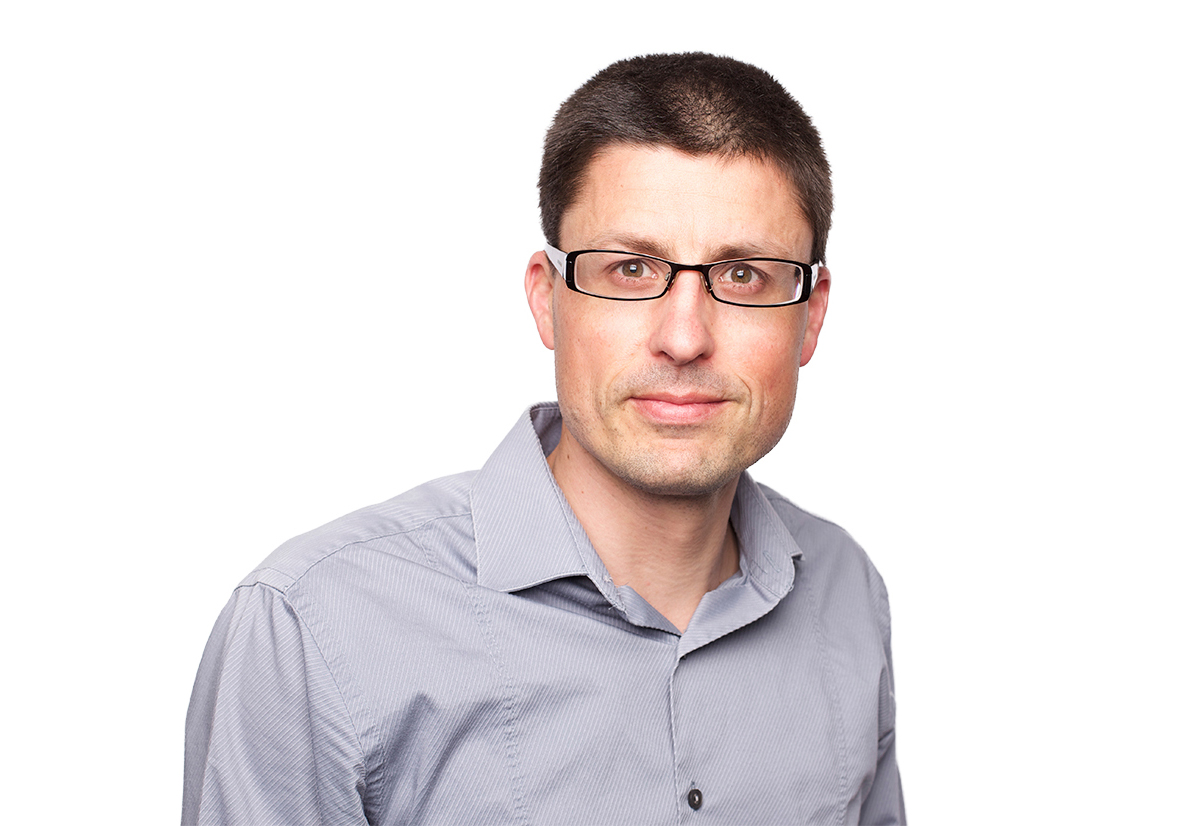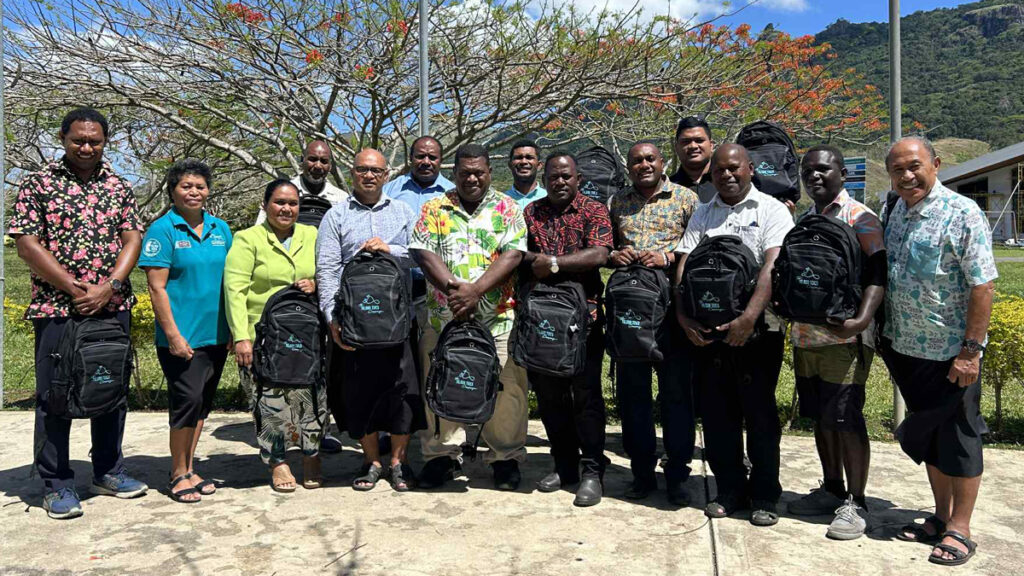It has a 122-year history but perhaps no milestone since its founding has been bigger: Avondale is the first higher education provider in Australia to become a university college under standards administered by the national regulator.
The addition of Avondale College of Higher Education to the “Australian University College” category is also the first time a higher education provider has qualified for a change of category since the federal government established the Tertiary Education Quality and Standards Agency (TEQSA). It “increases quality and choice for students, and further bolsters Australia’s world-class tertiary education sector,” says chief executive officer Anthony McClaran.
TEQSA approved the change of category application on August 28 and congratulated Avondale on achieving the requirements of the Higher Education Standards Framework for the “Australian University College” category. These requirements include:
- Plans to meet all the requirements for an “Australian University” category within five years
- Delivery of undergraduate and postgraduate courses in at least three fields of study and higher degree by research courses in at least one of those fields
- Research that leads to the creation of new knowledge and original creative endeavour
- Scholarship that informs teaching and learning in all fields in which courses are offered
- Commitment to the systematic advancement and dissemination of knowledge
- Engagement with local and regional communities and a commitment to social responsibility
- Processes for quality assurance and maintenance of academic standards and integrity
Becoming a university college is “the next step in our journey to become an Australian university,” says vice-chancellor and president Professor Ray Roennfeldt. He acknowledges “God’s faithful leading and the commitment and professionalism of our leaders, staff members and past and present students who have supported us on the journey.”
Mentoring partner Charles Sturt University is “delighted” by the announcement. Vice-chancellor and president Professor Andrew Vann says Avondale’s academic standards and ethos have “impressed” him and his colleagues. “We look forward to your continued growth and development.” [pullquote]
Emeritus Professor Kwong Lee Dow, a former vice-chancellor of The University of Melbourne who will present Avondale’s graduation address this year, lauds the achievement as “richly deserved, reflecting as it does the sustained commitment of the leadership of the college to the highest quality in education across your fields of study.” It also provides “welcome diversity within our national university system”.
Chancellor Pastor Glenn Townend, president of the Seventh-day Adventist Church in the South Pacific, sends his congratulations, too. “This is another milestone in your distinguished history. You have always provided quality Adventist tertiary education for people who want to serve the community and God. . . . Well done and God bless.”
Staff members and students attending or watching the first meeting of Avondale’s bi-annual Festival of Faith received the news this past Monday (September 2). Vice-president (Quality and Strategy) Professor Jane Fernandez, who led Avondale’s application, joined Prof Roennfeldt to make the announcement. “University college status is a celebration of Avondale’s arrival in the community as a leader within the independent sector and as a fully-engaged participant across the spectrum of the Australian higher education community,” she says. “It opens new opportunities for Avondale to increase its sphere of influence by enabling us to welcome a broader range of students into our fold.”
And it will continue to foster Seventh-day Adventist values, ethos and mission, says vice-president (Academic) Professor Stephen Currow. “We will always empower our graduates to be the hands and feet of Jesus in service to all people.”
Established in 1897, Avondale is a member of the worldwide Seventh-day Adventist system of universities and colleges. It enrols more than 1000 students in 24 higher education and six Vocational Education and Training courses across two campuses, one in Lake Macquarie and one in Wahroonga, New South Wales.
Read more:






